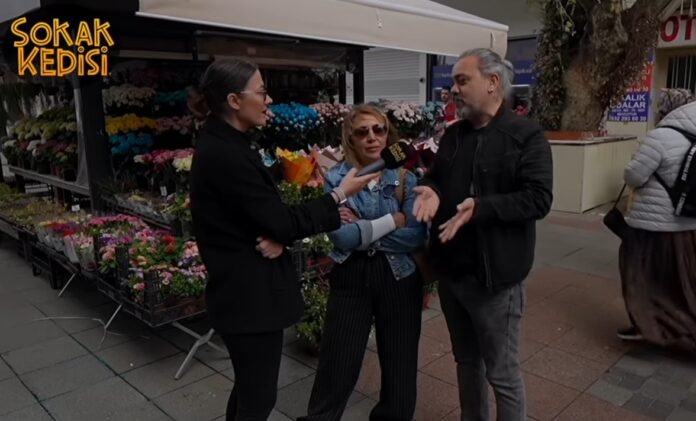Ebubekir Şahin, chairman of the Radio and Television Supreme Council (RTÜK), said on Saturday that Turkey’s broadcast regulator will move against YouTube “street interview” channels that it claims manipulate public opinion and push viewers toward “pessimism,” Turkish Minute reported.
Şahin wrote in a post on X that monitoring teams had identified what he called “systematic broadcasts” that aim to create the perception that “everything is going wrong.” He said RTÜK “will not allow” content that “deliberately manipulates the public and drives people into pessimism” and vowed to use all available legal powers.
RTÜK is an administrative authority overseeing broadcast and, since recent regulatory changes, online video content in Turkey. It can fine broadcasters, suspend programs and request content blocks. Since 2024 it has required news producers on YouTube to obtain licenses and comply with broadcast standards, a policy that press freedom groups say chills digital journalism and limits free expression.
Street interviews, where independent journalists or small YouTube channels record spontaneous conversations with passersby about politics, inflation and daily life, have become a defining feature of Turkey’s social media landscape. These interviews often capture unfiltered, candid opinions that may not align with the government’s official stance, making them a target for censorship.
Critics argue that the targeting of street interviews is an attempt to stifle dissent and restrict the dissemination of views that challenge the government’s narrative. This development comes amid increasing pressure on media and journalists in Turkey, where freedom of expression has been severely curtailed in recent years.
The Turkish government is accused of taking the Turkish media under its almost absolute control following a failed military coup in 2016. The government closed down hundreds of media outlets and jailed dozens of critical journalists in a post-coup crackdown on the pretext of an anti-coup fight.
Journalists face the risk of losing their jobs, being subjected to judicial harassment and getting jailed even for the slightest criticism of the government.
Turkey, which has been suffering from a poor record of freedom of the press for years, ranks 159th among 180 countries in Reporters Without Borders’ World Press Freedom Index.














